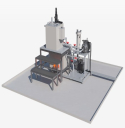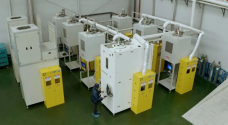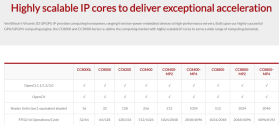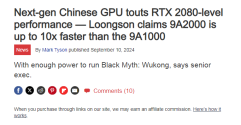The first ultra-low temperature ion implanter of Kaishitong, a strategic new customer of Wanye Enterprise, was successfully delivered
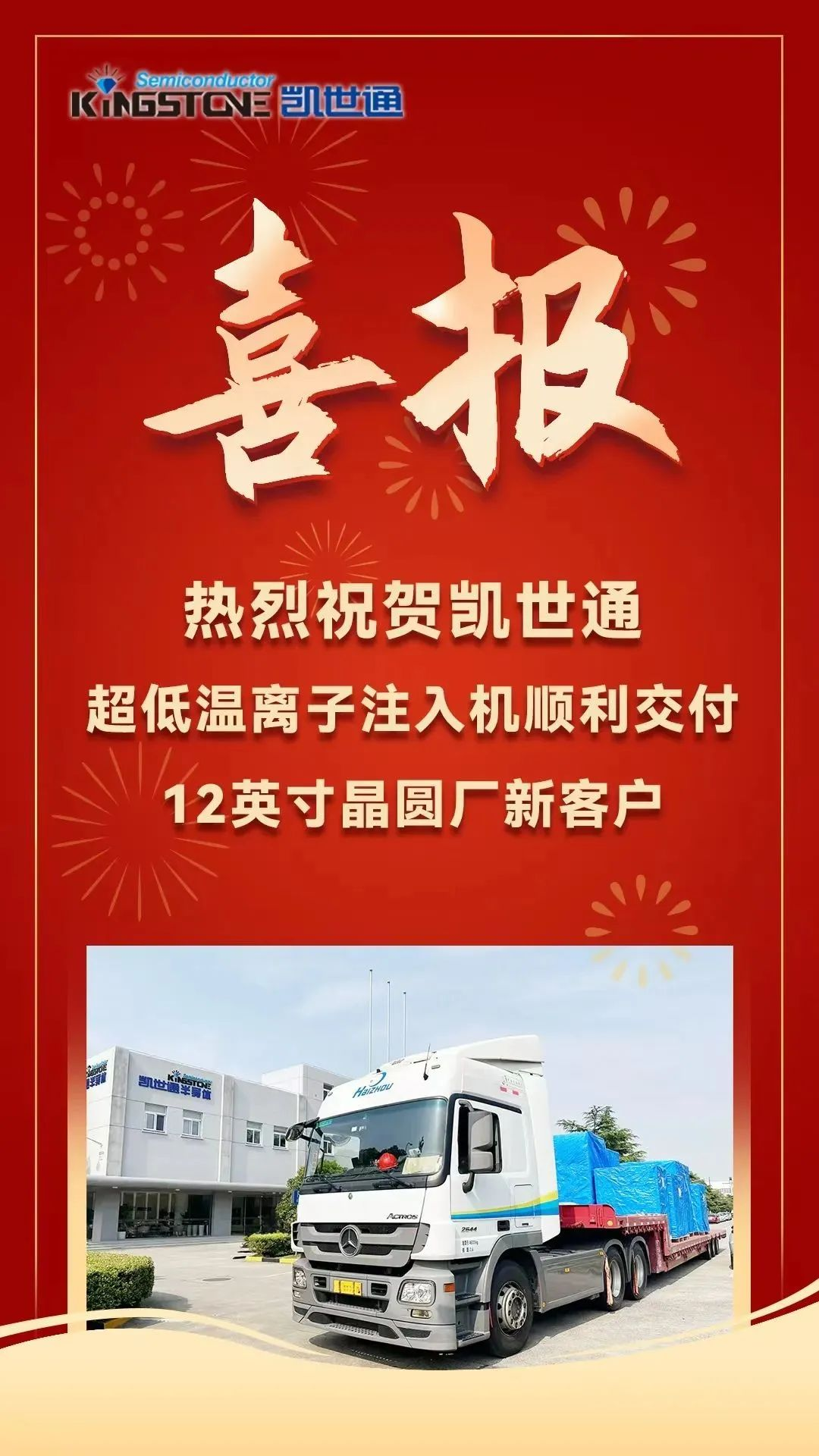
At the end of the year, Shanghai Kaishitong Semiconductor Co., Ltd., a subsidiary of Wanye Enterprise, has received good news again! Recently, Kaishitong successfully delivered an ultra-low temperature ion implanter to a newly signed integrated circuit strategic customer. This is another major progress just one month after the delivery of the first low-energy large beam equipment to the customer, marking Kaishitong's new breakthrough in the localization and industrialization of major integrated circuit equipment. Since the beginning of this year, Kaishitong has continued to make efforts and has delivered more than 20 high-end ion implanters, serving a total of 11 12-inch wafer fab customers for industrialized production.
The ultra-low temperature ion implantation process is mainly used for wafer pre-amorphization treatment, which can effectively reduce crystal defects and leakage current, thereby improving transistor performance. It has extremely high technical difficulty and is used in logic, DRAM storage, power devices, CIS image sensors and other fields. Based on independent innovation, Kaishitong has overcome a series of key technologies such as ultra-low temperature wafer cooling and temperature recovery technology, particle pollution control technology, and ultra-low temperature implantation process technology, and developed an ultra-low temperature, low-energy, large-beam ion implanter that can achieve pre-amorphization ion implantation at minus 100°C. It has the advantages of high reliability and high uniformity, meeting the mass production needs of mainstream wafer fabs.
Ion implanters are key equipment for chip manufacturing. Kaishitong is committed to providing customers in the integrated circuit industry with advanced, stable and reliable ion implantation equipment and technical solutions. Through continuous technological innovation and product iteration, Kaishitong's ion implanter equipment performance has been continuously improved, and has been widely recognized and well received by domestic mainstream wafer factory customers. It has received repeat purchase orders from key customers many times and successfully expanded new customers.

